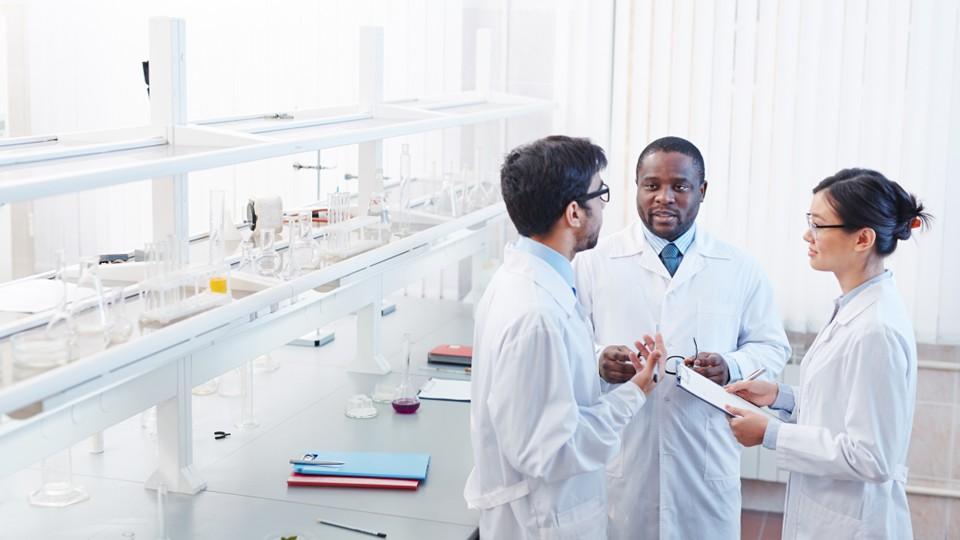One in five expressions of interest in UK regulator's pilot of real-world evidence scientific dialogue taken forward

The UK’s regulator, the MHRA, will be running five pilot dialogues as part of its first year exploring a real-world evidence scientific dialogue programme. The five were selected from 25 expressions of interest.
Closed-door meetings and workshop to be held before August
The MHRA launched their new scientific advice programme, focused on real-world evidence, in January. The pilot includes two ways of engaging.
The first is a closed-door confidential virtual meeting. The discussion will focus on RWE topics relevant to medicinal product development, but which are commercially sensitive. NICE will not be involved in these meetings.
The second is a pre-competitive ‘safe harbour’ workshop that will include the MHRA and NICE. The hope is that this will “promote open dialogue and shared learning on RWE topics,” according to MHRA’s website.
The MHRA will also be using the first dialogues to learn process lessons, too. “The pilot will help the MHRA refine any future iterations of the RWE Scientific Dialogue Programme,” an MHRA spokesperson said.
A freedom of information response from the MHRA revealed that the agency received 25 expressions of interest.
Four dialogues will be taken forward into closed-door meetings and one into a safe-harbour workshop. The closed-door meetings are due to be held up until the end of July 2025. The one workshop is due to be held during July.
RWE for both regulatory and HTA use
Whilst it’s the MHRA who is home to the new programme, the ambition is for the dialogue to help support decisions reached by both the regulator and the English health technology assessment (HTA) agency, NICE.
NICE hopes that the workshop will generate shared learning and provide opportunities to increase clarity of HTA expectations for RWE data generation, as well as alignment of RWE methodologies that can be disseminated to the broader ecosystem.
Pilot part of MHRA’s data strategy
The MHRA’s pilot of the RWE Scientific Dialogue Programme is supporting the ambition of the agency to promote data-driven innovation and early access to innovative products.
The aim of the new programme is to help companies to “refine their evidence generation strategies,” with the MHRA providing “clear guidance on regulatory expectations,” according to the agency’s website. The programme is intended to “enhance” existing scientific advice services.
There is no charge for the pilot phase.
Eligibility for pilot
The MHRA set out criteria for eligibility to participate in the pilot. Invitations were made for any proposal with a specific focus on RWE where it was for:
- medicinal products including drugs, biologics, vaccines, and advanced therapy medicinal products (ATMPs)
- pre- and post-authorisation evidence generation
- evidence generation relative to claims of both effectiveness and safety
- interventional and non-interventional studies including:
o external control arm studies
o pragmatic clinical trials
o pharmacoepidemiological studies (for example, cohort studies, case-control studies, and other observational designs)
The pilot is not open to medical devices nor to products under active regulatory procedures.
Expressions of interest were assessed against a set of priorities set out by the MHRA, including:
- addressing pressing public health challenges, aligning with broader government policy
- areas of significant unmet clinical need
- preventative medicine, interpreted broadly
- genomic data, biomarkers, or precision medicine approaches
- innovative methodologies or study designs that advance the field (for example, improving representativeness in clinical studies and measuring effectiveness through RWD)
No other participants
Based on current plans, the pilot will only include the MHRA, NICE, and those companies who have been successful in having their expressions of interest selected. However, companies could opt to invite others. An MHRA spokesperson explained: “For this pilot phase, no additional organisations are planned to take part in the dialogues, although the participants are welcome to invite participants.”
Lessons from workshop will be published
The output from the workshop will be made publicly available. The MHRA hopes that the workshop will “generate shared learning, which we hope to disseminate via reflection papers, the content, and format of which will be agreed as part of the workshop,” according to their spokesperson.












